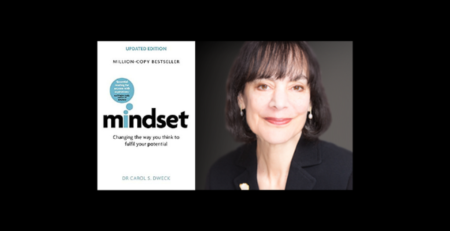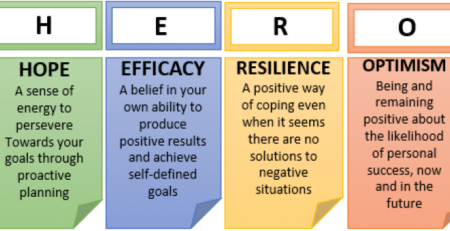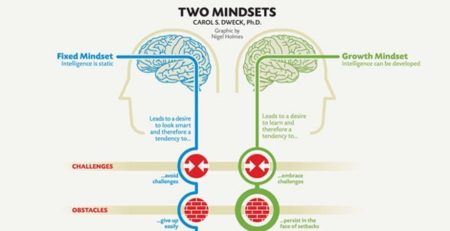The 5 Obstacles of Meditation
As Chade-Meng Tan, former Google engineer and author of Search Inside Yourself, said:
Even an engineer can thrive on Emotional Intelligence.
However, I often hear people saying “I would love to learn how to meditate but it is not for me! My mind is too busy” or “I can’t sit still.” or “I always fall asleep when I try.” etc…
If that is you, welcome to the club! You are certainly not alone. And I am sorry to say so, but you are not special (in that sense at least). The symptoms above are common for any meditator in the early stage of their practice and even later on, after years of experience.
The reality is ANYONE with a healthy brain can meditate under skilled guidance and by adopting the right technique for their temperament. The trick is to be able to identify hindrances and know what antidote to use to counteract each of those obstacles.
As mentioned in the previous article Is your Mind a Wild or Tamed horse? it does take effort and discipline to train our minds and it does not happen overnight. According to traditional texts, there are 5 types of classical obstacles meditators will encounter when they attempt to train their minds. Below are the 5 hindrances and a few tips to overcome each:
- Restlessness: Too many thoughts about the past and future. Fidgeting. Can’t sit still. Antidote: Physical movement before sitting (i.e. yoga, tai chi, Qi gong, gardening etc). Practice walking meditation instead of sitting meditation. Practice loving-kindness meditation (level 1) by mentally saying to yourself 3 times – “May I be healthy, happy and peaceful. May I be free from anger, worry and fear”, this tends to calm/delight the mind which is then more likely to be present and let go of obsessive thinking. Simplify life. Spend more time in contact with nature also helps.
- Drowsiness/Sleepiness: Dullness, sloth and torpor. Potentially daydreaming and thinking such experience is meditation! Antidote: Remember that in meditation we are cultivating a relaxed and alert mental state. If you are sitting on a chair then move to the edge so your back is not supported and less likely to fall asleep, or just choose a stool instead. Open the eyes 10% and find a point on the floor to gently fix the gaze. Allowing light to come through will help. Increase energy levels by adding joy to the mind by reflecting on small gestures of kindness or generosity you did in the past.
- Sensual pleasures: Distracted by lust or any of the 5 senses. Feeling the desire for experiencing pleasant taste, touch, smell, sound or form. Antidote: Reflect on the 32 parts of the body. Warning: This is an advanced practice and very powerful to calm down the mind but it is quite intense. See links for explanation and guided practice.
- Anger: Feeling upset and agitated. Antidote: Use reasoning and reflect on the benefits of being angry (none!). Reflect on death and a less practical option – visit a cemetery to put things into perspective. Practice chopping wood yoga pose (kashtha takshanasana). Practice meta-bhavana, loving-kindness meditation by reflecting on the people who love and care for you as a strategy to delight and distract the mind.
- Doubt/Worry: Unsure about the effectiveness of the technique. Antidote: Seek a qualified teacher or use reasoning until realisation of benefits comes from the actual practice. Reflect on your original motivation to practice meditation (i.e. becoming the master of your own mind).
If you are keen to go deeper and learn more about mindfulness meditation below are the Top 3 books I recommend for beginners:
- Mindfulness in Plain English by Bhante Gunaratana
- Budha’s Brain – The practical neuroscience of happiness, love & wisdom
- How to Meditate – A practical guide by Kathleen McDonald
If you have any questions, comments or insights let me know. I will be happy to reply to your comments, private message or have a chat offline.
Until then best of luck with your mindfulness meditation practice!
#MindTraining #Meditation #Mindfulness #Neuroscience #Google #EmotionalIntelligence #ZenHighAchiever












Leave a Reply